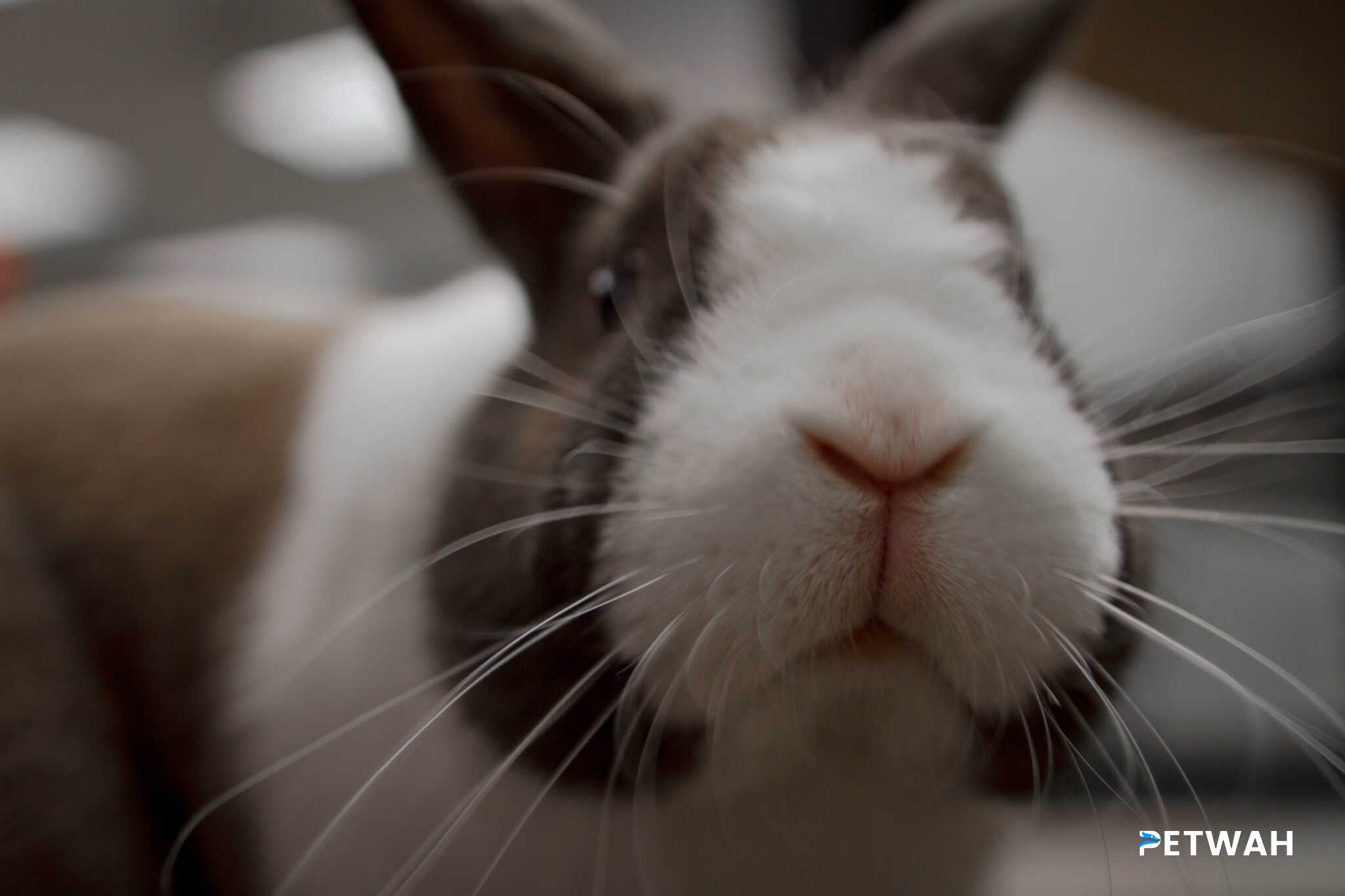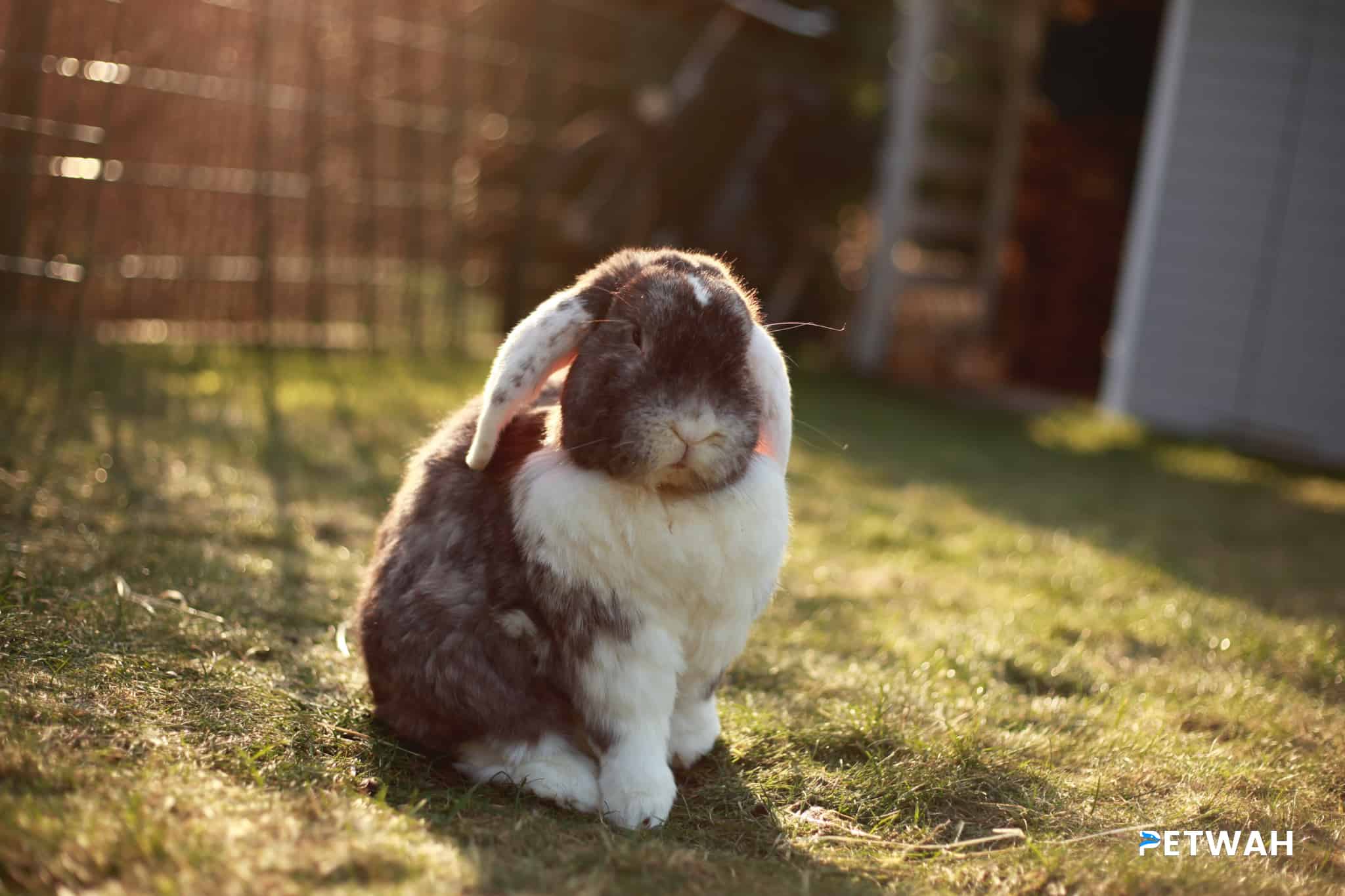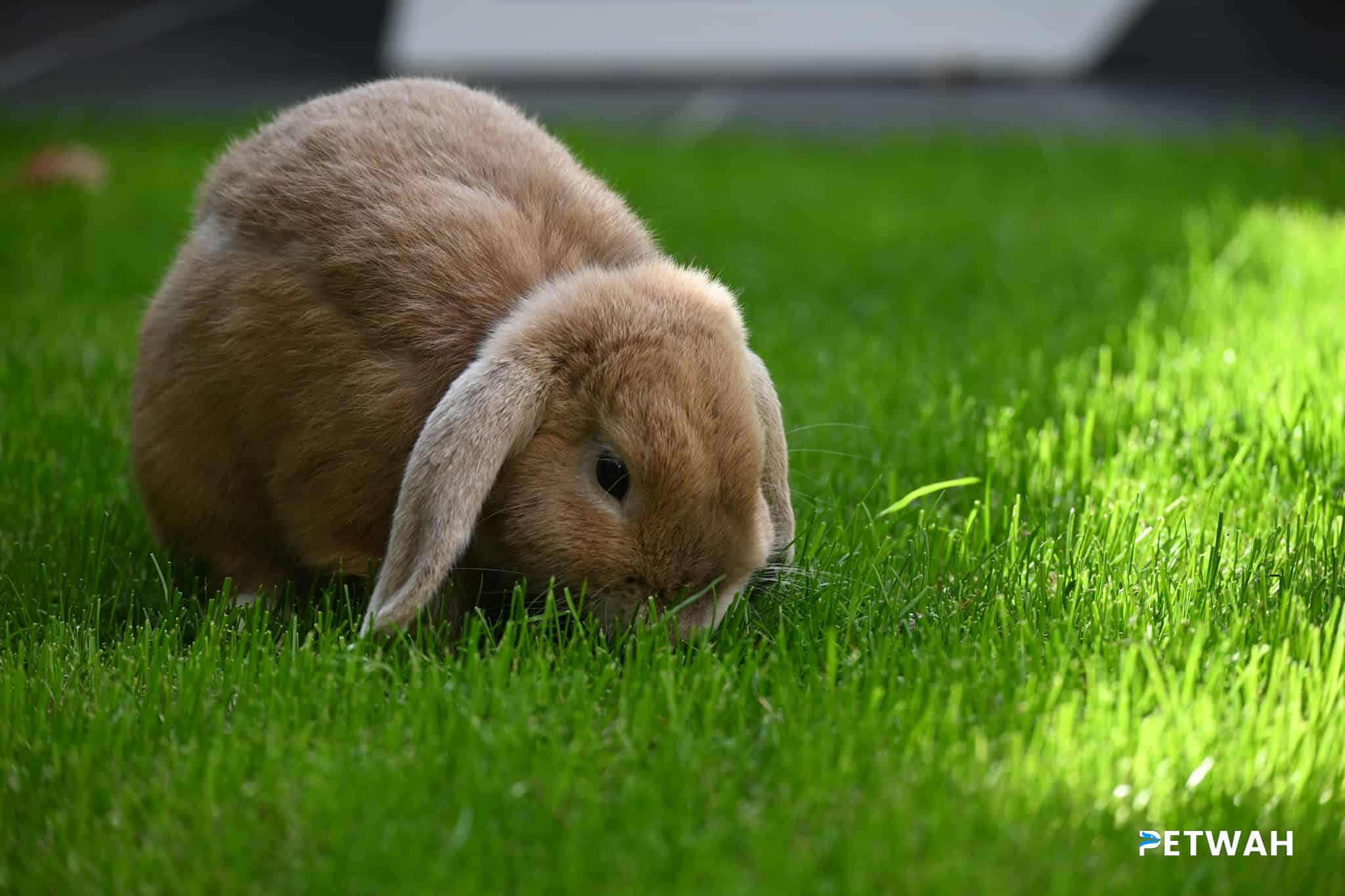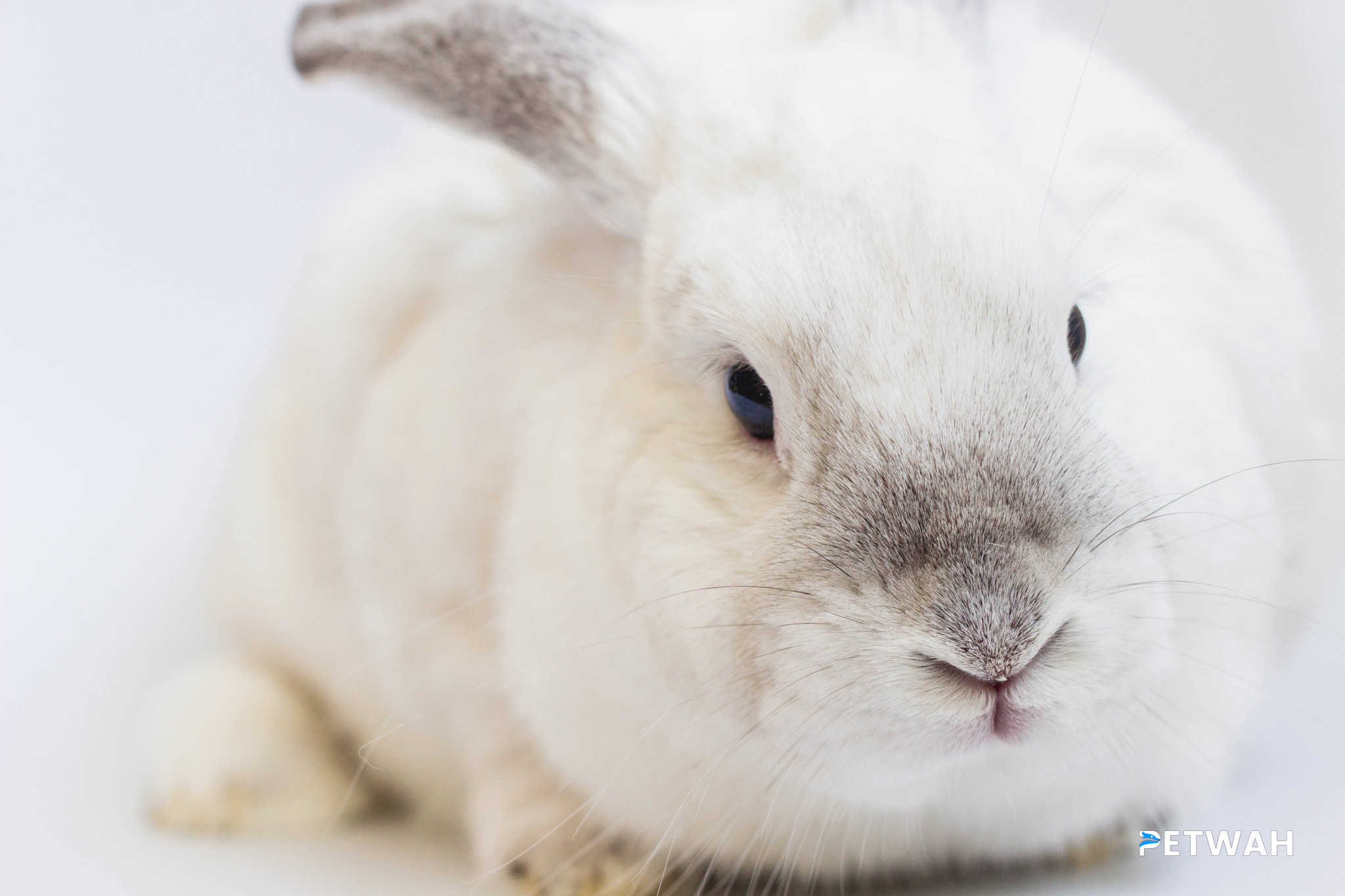Rabbits are one of the most beloved pets around the world. They are cute, cuddly, and make wonderful companions. However, like all living creatures, they are prone to health issues. One of the most common health problems that rabbits face is kidney disease. Kidneys play a vital role in keeping the body healthy by filtering waste from the blood and producing urine. When kidneys are not functioning properly, it can lead to serious health issues that can affect the overall well-being of your furry friend. In this blog post, we will discuss the critical indicators of kidney disease in rabbits, how to recognize symptoms, and what actions you can take to help your rabbit lead a healthy life.
Kidney disease is a common health issue in rabbits that can affect their quality of life and even lead to death. As a responsible rabbit owner, it is important to recognize the signs of kidney problems and take action as soon as possible. In this blog post, we will discuss the critical indicators of kidney disease in rabbits, how to recognize the symptoms, and what steps you can take to prevent and treat this condition.
1. What is kidney disease in rabbits?
Kidney disease, also known as renal disease, is a condition in which the kidneys are unable to function properly. The kidneys play a crucial role in filtering waste products from the blood and regulating the balance of fluids in the body. When the kidneys are not working properly, toxins and waste products can build up in the bloodstream, leading to a range of health problems.
2. What are the signs of kidney disease in rabbits?
The signs of kidney disease in rabbits can be subtle at first, but they become more noticeable as the condition progresses. Some common symptoms include:
– Increased thirst and urination
– Loss of appetite
– Weight loss
– Lethargy and weakness
– Dehydration
– Decreased grooming
– Bad breath
– Swelling in the abdomen or legs
– Pale gums
If you notice any of these symptoms in your rabbit, it is important to take them to a veterinarian as soon as possible. Early treatment can help to prevent further damage to the kidneys and improve the chances of a successful outcome.
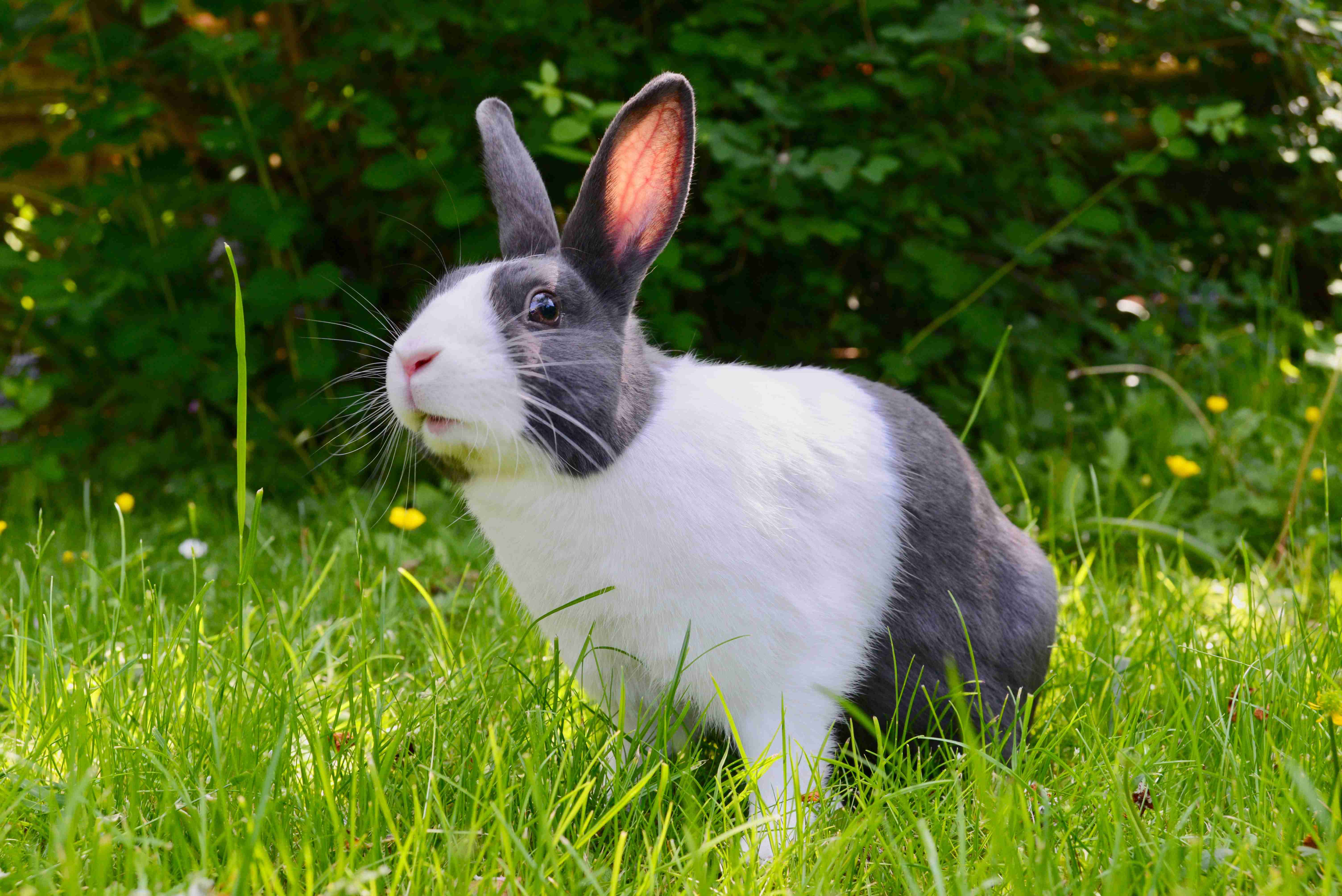
3. How is kidney disease in rabbits diagnosed?
Diagnosing kidney disease in rabbits involves a combination of physical examination, blood tests, and urinalysis. Your veterinarian may also recommend imaging tests such as X-rays or ultrasound to evaluate the size and function of the kidneys. In some cases, a kidney biopsy may be necessary to confirm the diagnosis and determine the underlying cause of the disease.
4. How is kidney disease in rabbits treated?
The treatment of kidney disease in rabbits depends on the severity of the condition and the underlying cause. In some cases, supportive care such as fluid therapy and dietary changes may be enough to manage the symptoms and slow down the progression of the disease. In more severe cases, medications may be necessary to manage pain and control blood pressure. In some cases, surgery may be necessary to remove blockages or repair damaged tissues.
5. How can kidney disease in rabbits be prevented?
Preventing kidney disease in rabbits involves a combination of good nutrition, proper hydration, and regular veterinary care. Providing your rabbit with a diet that is high in fiber and low in protein can help to reduce the risk of kidney disease. It is also important to ensure that your rabbit has access to clean, fresh water at all times. Regular check-ups with a veterinarian can help to detect any early signs of kidney disease and prevent further damage.
Overall, kidney disease is a serious health issue in rabbits that requires prompt attention and treatment. As a responsible rabbit owner, it is important to be aware of the signs and symptoms of kidney disease and take action as soon as possible. With proper care and treatment, many rabbits with kidney disease can live happy and healthy lives.
In conclusion, as a responsible pet owner, it’s essential to keep a close eye on your rabbit’s health and wellbeing. Kidney disease is a severe condition that can cause significant damage if left untreated. By recognizing the symptoms and taking prompt action, you can help your furry friend live a healthy and happy life. Remember, early detection and regular vet check-ups are crucial in preventing and managing kidney disease in rabbits. So, don’t hesitate to seek veterinary care if you suspect your rabbit is experiencing kidney problems. With proper care and attention, your rabbit can thrive for years to come!


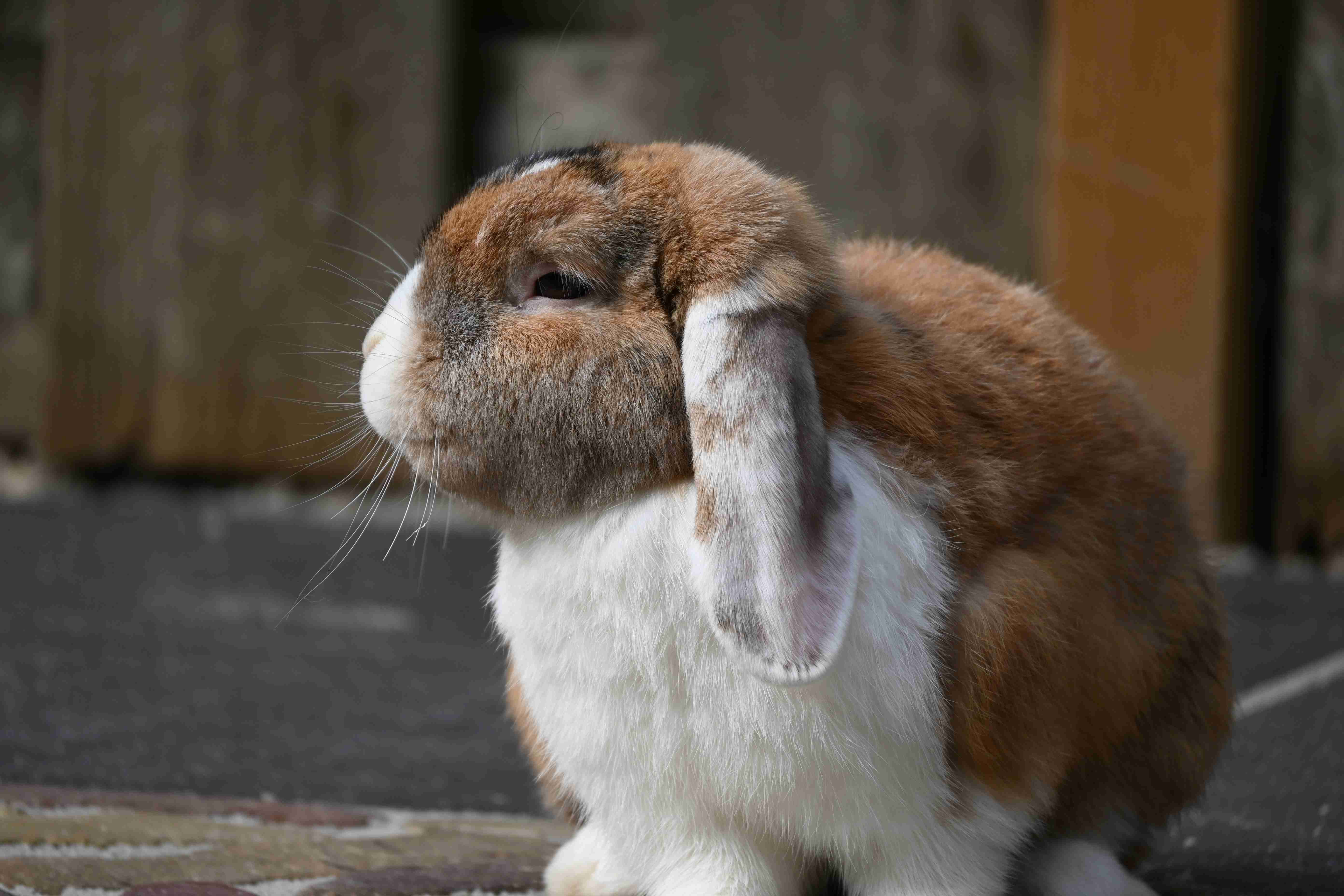
.jpg)
